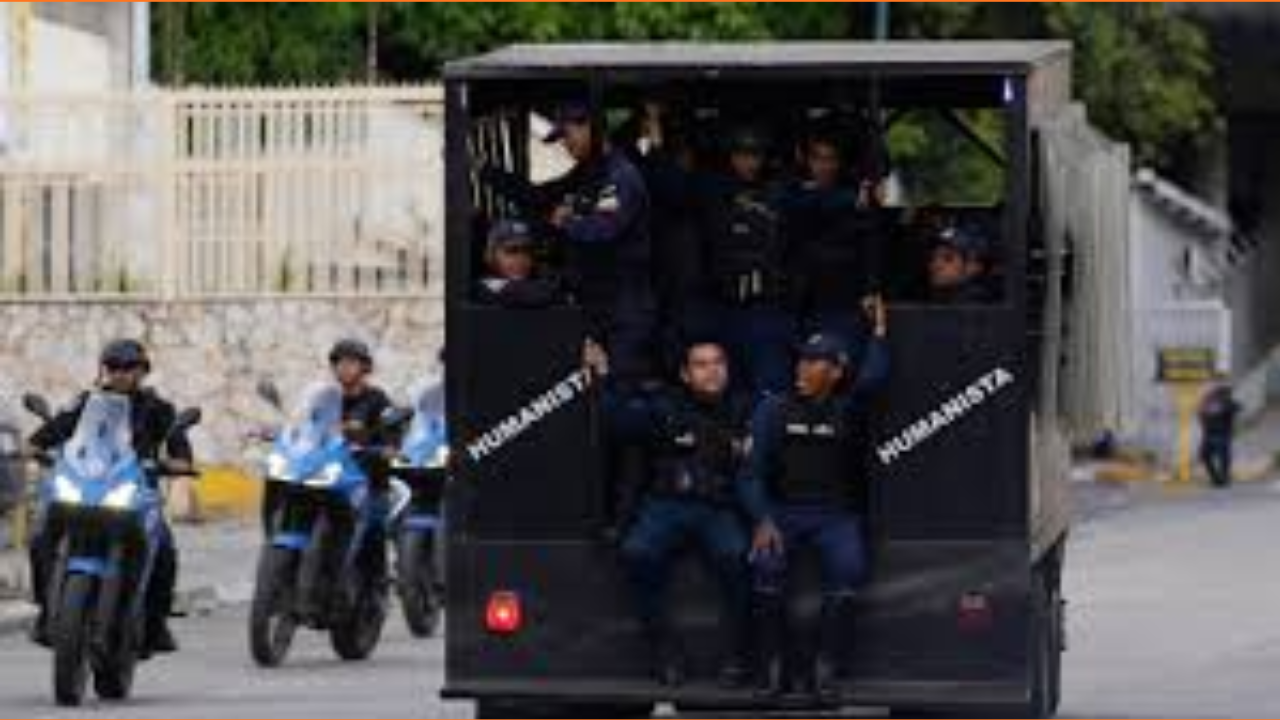The Confederation of Indian Industry (CII) has presented a bold roadmap for the Union Budget 2026–27, urging the government to forge a new “compact of trust, simplicity, and technology.” The goal: to transform India’s tax system into a modern, transparent, and globally competitive framework that supports the Viksit Bharat 2047 vision.
Thank you for reading this post, don't forget to subscribe!CII Director-General Chandrajit Banerjee emphasized that taxation must be a catalyst for investment and innovation, not a source of friction. The proposals focus on cutting procedural complexity rather than just cutting tax rates.
Ending the Dispute Backlog
India’s economy is currently burdened by over five lakh pending appeals involving nearly ₹18 lakh crore. To clear this backlog and build trust, CII has demanded:
- Time-Bound Resolution: Fast-tracking the resolution of high-demand cases (above ₹100 crore) within one year, utilizing virtual hearings and close CBDT monitoring.
- AAR Revival: Reviving the Authority for Advance Rulings (AAR) as an independent quasi-judicial body to provide binding clarity on tax issues within six months.
- Taxpayer Charter: Enacting a Statutory Taxpayer Rights Charter to guarantee time-bound refunds, implement faceless assessments, and enforce accountability for administrative delays.
Simplifying Compliance and Indirect Taxes
To improve the ease of doing business, the CII calls for critical simplification measures:
- TDS/TCS Rationalization: Trimming the current framework of over 35 categories and rates to just two or three broad slabs.
- Digital Exemption: Exempting TDS/TCS on transactions between GST-registered entities, as these are already digitally tracked, and clarifying that the GST component of payments should not attract TDS.
- Predictability: Urging the government to release a multi-year corporate tax roadmap and decriminalize minor procedural lapses to encourage voluntary compliance.
- Customs Modernization: Achieving a Paper-Free Customs ecosystem by 2028 through the full digitalisation of refunds, adjudications, and appeals via API-based data exchange. CII also proposes a one-time customs dispute resolution scheme and simplifying complex notifications.
In summary, the CII asserts that these measures are an “investment in governance efficiency,” positioning India’s fiscal environment to be efficient, transparent, and growth-driven for the long term.

















